Introduction to 100kN Universal Testing Machines
Universal testing machines (UTMs) are pivotal in the assessment of material properties, including tensile strength and compression. The 100kN universal testing machine stands as a robust instrument in this category, designed to accommodate a variety of testing requirements. This machine is engineered to deliver precise measurements for both research and quality control purposes.
Types and Applications
The versatility of the 100kN UTM is evident in its wide range of applications. From testing metal alloys to assessing the durability of composites, these machines are integral in various industries such as aerospace, automotive, and construction. Their ability to perform tensile, compression, bend, and shear tests makes them indispensable for material analysis.
Features and Design
A 100kN universal testing machine is characterized by its robust design and advanced features. It typically includes a dual-column structure for stability, precise load cells for accurate force measurement, and a user-friendly interface for efficient operation. The integration of computer control systems allows for meticulous data analysis and reporting.
Material and Construction
The construction of a 100kN UTM involves high-grade materials to ensure durability and longevity. The use of hardened steel for load-bearing components and corrosion-resistant coatings are standard to maintain the machine's integrity under repetitive use and harsh testing conditions.
Advantages of Using 100kN UTMs
Employing a 100kN universal testing machine offers numerous advantages, such as the ability to test a wide range of materials with high precision. The adaptability of these machines to various tests and environments makes them a valuable asset for ensuring material compliance with industry standards.
Selection Considerations
When selecting a 100kN UTM, it is crucial to consider the specific testing requirements of your materials and the machine's compatibility with existing laboratory or industrial setups. Factors such as control options, data acquisition capabilities, and safety features should guide your choice to ensure a seamless integration into your testing procedures.



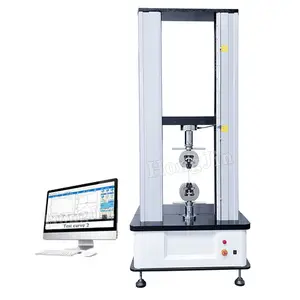









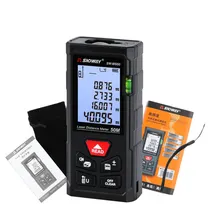

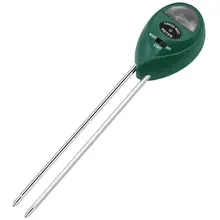

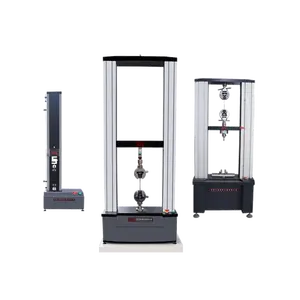
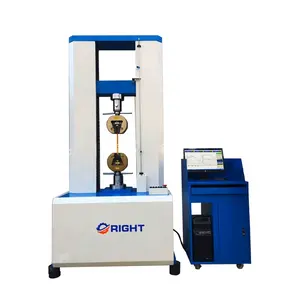












 浙公网安备 33010002000092号
浙公网安备 33010002000092号 浙B2-20120091-4
浙B2-20120091-4